From Reefer Madness to medical marijuana: A timeline of weed legalization in America
A new poll shows that a majority of Americans want to legalize pot. It wasn't always that way...
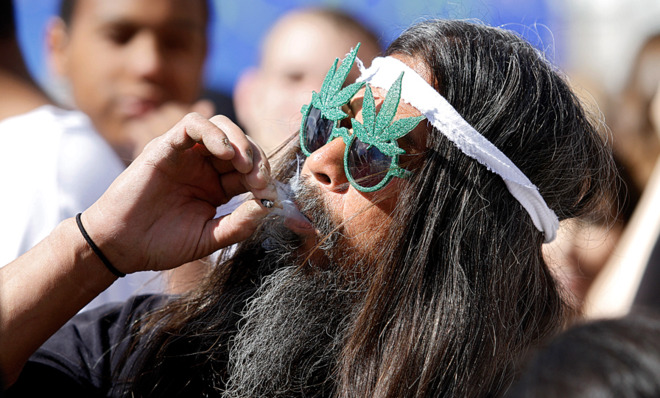
A free daily email with the biggest news stories of the day – and the best features from TheWeek.com
You are now subscribed
Your newsletter sign-up was successful
In the 1990s, shortly after then-presidential candidate Bill Clinton claimed he "didn't inhale," only 25 percent of Americans wanted to legalize recreational marijuana. Today, that number has climbed to 58 percent, according to a new Gallup poll that shows a majority of Americans supporting the legalization of weed for the first time in U.S. history.
How did Americans learn to embrace pot? Here is a look at the evolution of marijuana laws and attitudes in the United States.
April 29, 1911
The Week
Escape your echo chamber. Get the facts behind the news, plus analysis from multiple perspectives.

Sign up for The Week's Free Newsletters
From our morning news briefing to a weekly Good News Newsletter, get the best of The Week delivered directly to your inbox.
From our morning news briefing to a weekly Good News Newsletter, get the best of The Week delivered directly to your inbox.
Massachusetts becomes the first state to ban marijuana.
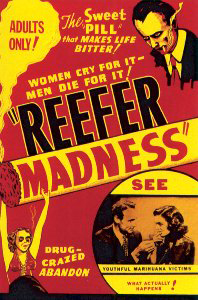
1936
Infamous anti-drug propaganda film Reefer Madness, which later becomes a cult classic, is released.
1937
A free daily email with the biggest news stories of the day – and the best features from TheWeek.com
Congress passes the Marijuana Tax Act, which makes possession of the drug a federal crime without the required tax stamps.
1943
Drugs derived from marijuana are removed from pharmacies, meaning weed is no longer available for medicinal use.
1969
In Gallup's first poll on the subject, only 12 percent of Americans support legalizing recreational marijuana. The same year, the American counter-cultural movement takes center stage at Woodstock.
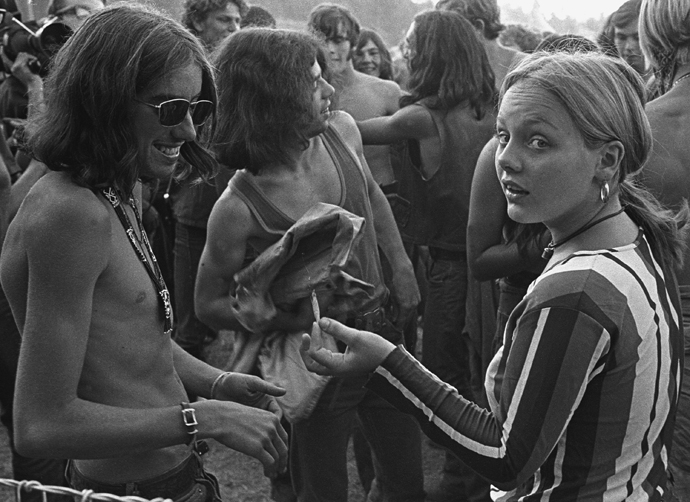
1970
The first pro-marijuana lobbying group, the National Organization for the Reform of Marijuana Laws (NORML), is formed. In the same year, U.S. Assistant Secretary of Health Dr. Roger O. Egeberg recommends classifying pot as a Schedule 1 drug, which it remains today.
June 17, 1971
President Richard Nixon promises to "wage a new, all-out offensive" against drug use. Two years later, he creates the Drug Enforcement Administration (DEA), a "super agency" meant to consolidate the government's resources in the new "global war on the drug menace."
Nov. 7, 1972
Proposition 19, which would protect every California resident over 18 years old from being punished for "growing, processing, transporting, or possessing marijuana for personal use," is overhwelmingly defeated by two-thirds of the state's voters.
1973
Oregon becomes the first state to decriminalize marijuana.
1976
Former Georgia Gov. Jimmy Carter calls for the federal decriminalization of marijuana during his presidential campaign, which would eliminate jail sentences for people caught with a small amount of the drug.
1977
Support for legalization hits an all-time high at 28 percent, before dipping back down in the 1980s and 1990s.
1986
After the cocaine-related death of University of Maryland basketball star Len Bias, Congress and President Ronald Reagan enact the Anti-Drug Abuse Act, creating stricter penalties for possession of illegal drugs, including marijuana.
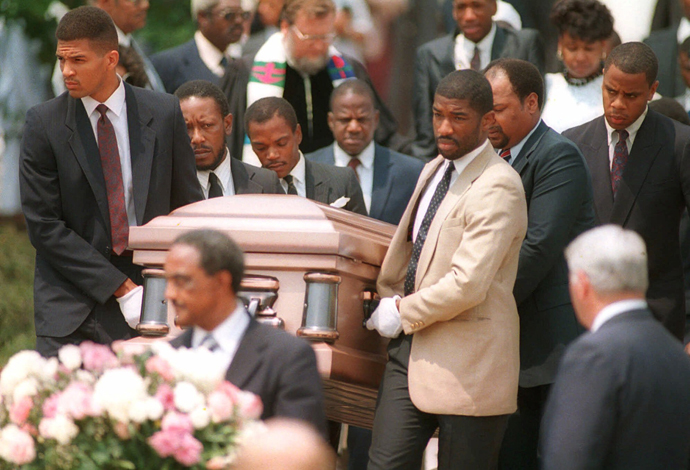
Nov. 5, 1996
California becomes the first state to legalize marijuana for medicinal purposes.
1998
Oregon voters make it the second state to legalize medical marijuana. Other states, including Alaska, Maine, and Washington, soon follow.
2000
Hawaii becomes the first state to legalize medical marijuana through its legislature, instead of a ballot initiative. Nevada and Colorado voters also make medical weed legal.
2001
A poll shows American support for legalizing recreational marijuana passing 30 percent for the first time.
2004
A ballot initiative legalizing medical pot passes in Montana. The state legislature, however, votes for stricter regulations in 2011 — a move that is backed by voters one year later.
2010
Proposition 303, which legalizes medical marijuana in Arizona, barely passes by just 4,341 votes. New Jersey and Washington, D.C., pass similar laws.
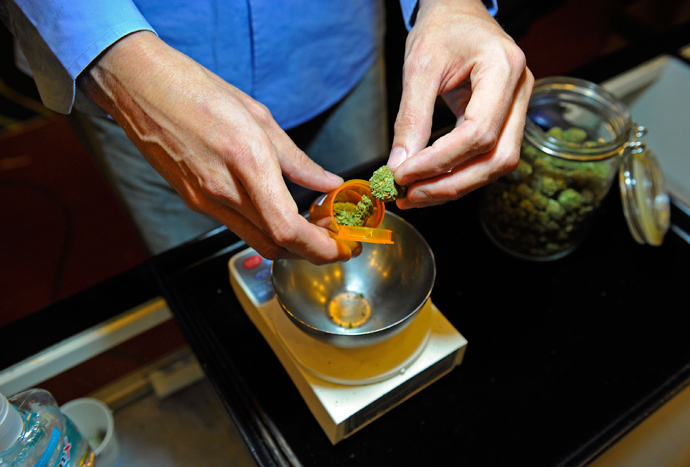
2011
Half of Americans are in favor of legalizing recreational marijuana. Laws pass in Delaware and Connecticut allowing for medical marijuana use.
Aug. 29, 2012
U.S. Attorney General Eric Holder declares that the Justice Department won't seek to preempt Colorado and Washington's drug laws, despite the fact that marijuana is still classified by the federal government as an illegal Schedule I substance.
Oct. 17, 2012
Lt. Gov. Gavin Newsom (D) and the American Civil Liberties Union announce a blue ribbon panel to study an effort to legalize recreational weed in California, potentially by 2016, citing polls showing that 65 percent of Californians support legalization.
Nov. 6, 2012
For the first time in American history, voters decide to legalize weed for recreational purposes without a prescription, with residents in Colorado and Washington state approving their respective measures at the ballot box.
Aug. 2, 2013
Around 38 percent of Americans admit to having tried weed — not much higher than the 33 percent who admitted to doing so in 1985.
Oct. 22, 2013
Gallup finds that a clear majority of Americans, 58 percent, favor legalizing recreational use of marijuana.
Sources: The Atlantic, Chicago Tribune, CNN (2), Gallup (2), Harvard Crimson, Los Angeles Times (2), NBC Montana, New York Times (2)(3), NORML, The Oregonian, Salon, San Francisco Gate, Slate, USA Today
Keith Wagstaff is a staff writer at TheWeek.com covering politics and current events. He has previously written for such publications as TIME, Details, VICE, and the Village Voice.
-
 Switzerland could vote to cap its population
Switzerland could vote to cap its populationUnder the Radar Swiss People’s Party proposes referendum on radical anti-immigration measure to limit residents to 10 million
-
 Political cartoons for February 15
Political cartoons for February 15Cartoons Sunday's political cartoons include political ventriloquism, Europe in the middle, and more
-
 The broken water companies failing England and Wales
The broken water companies failing England and WalesExplainer With rising bills, deteriorating river health and a lack of investment, regulators face an uphill battle to stabilise the industry